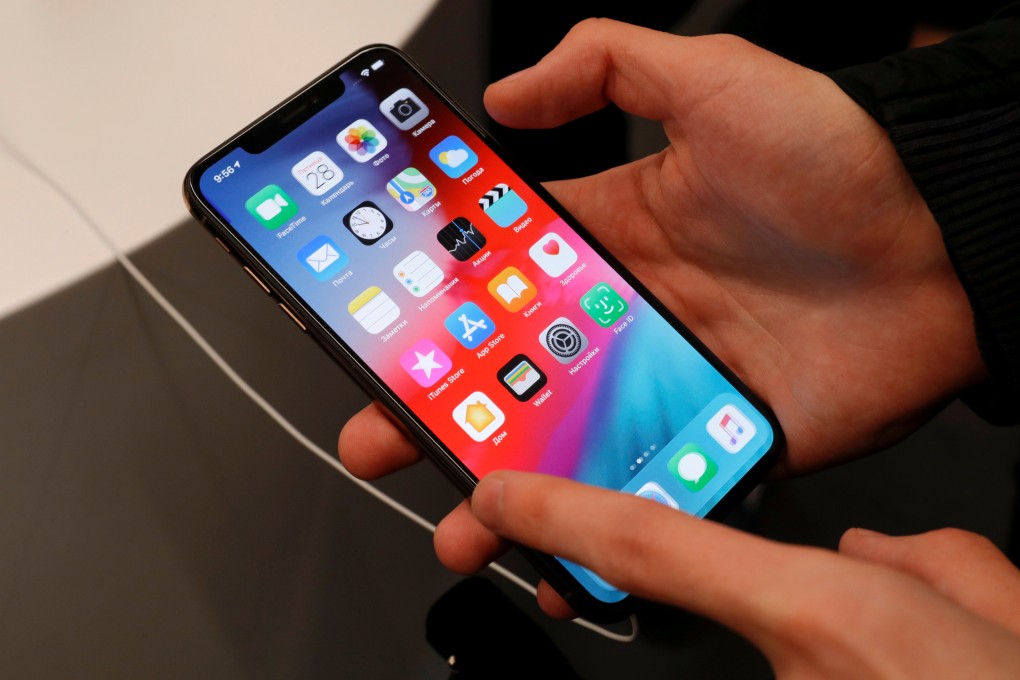Chinese apps are collecting way too much data
Chinese app users are becoming aware of the power tech companies hold over data

In news that shocked no-one, Facebook was discovered this week to be collecting user data through independent Android apps without the consent of users.
Facebook’s long-running data privacy scandals have made painfully clear to app users what experts have been warning for years: Smartphones are basically tracking devices. And this realization is becoming clear in China, too.
Last week, a non-governmental regulator called the Internet Society of China held a panel alongside the Ministry of Industry and Information Technology, where they called out Chinese apps for collecting too much user data.
They said 13 apps are collecting excessive amounts of potentially sensitive personal data including SMS messages, address book, location, and recordings. Among them are Taobao’s spin-off Tmall, popular travel app Ctrip (which owns Skyscanner), and short video app Kuaishou.
(Abacus is a unit of the South China Morning Post, which is owned by Alibaba -- which also owns Taobao.)